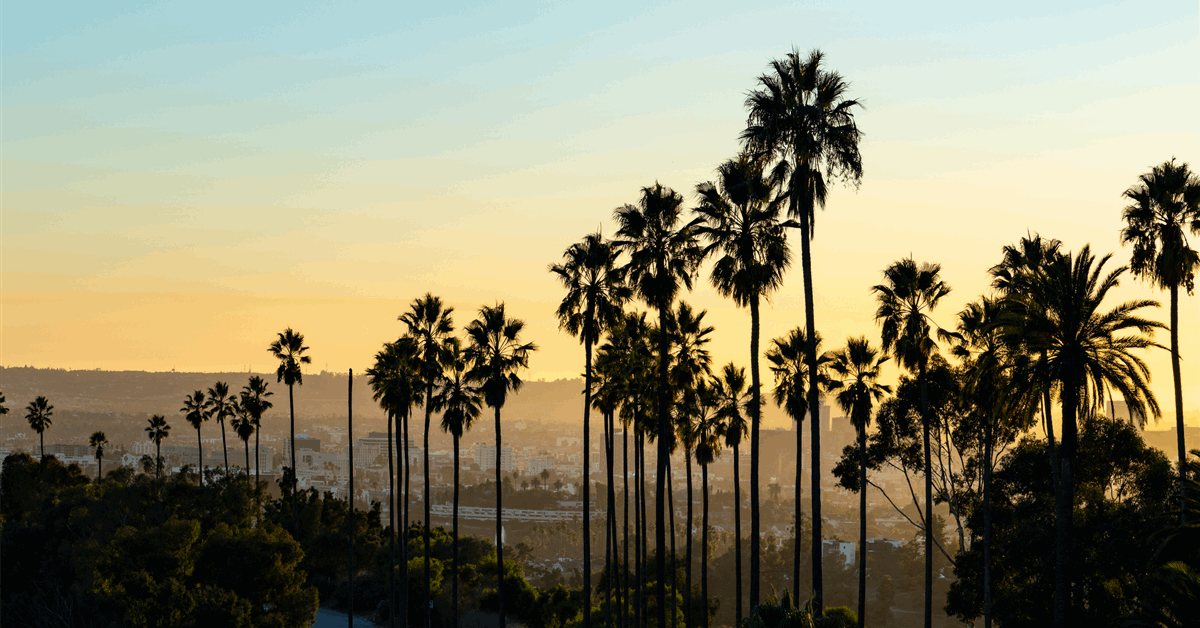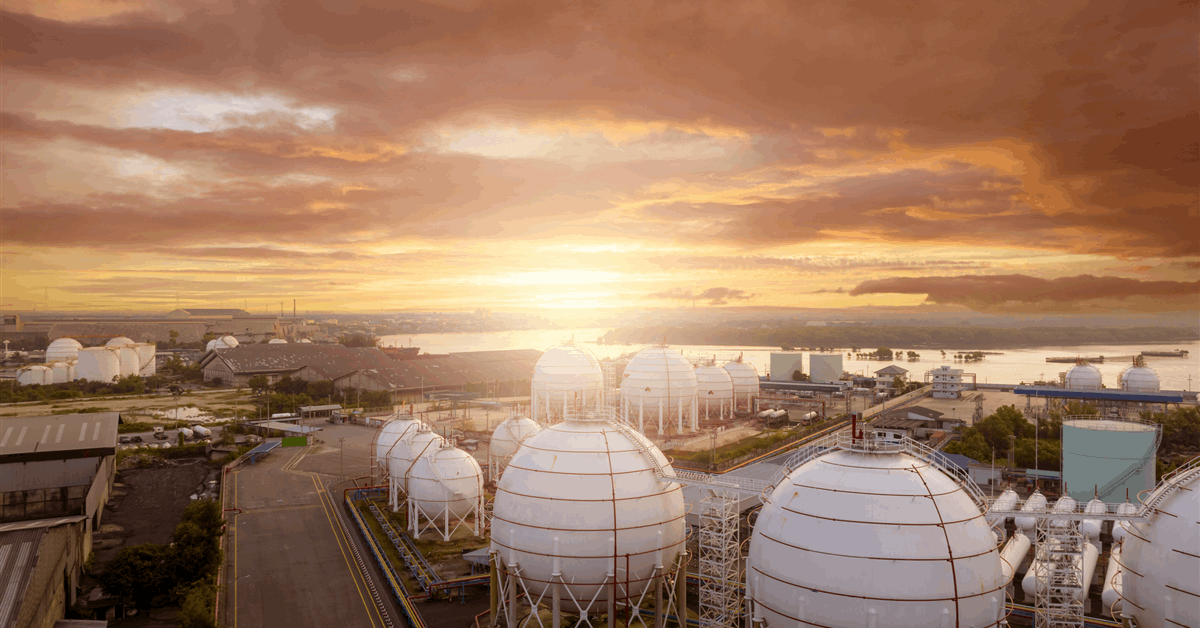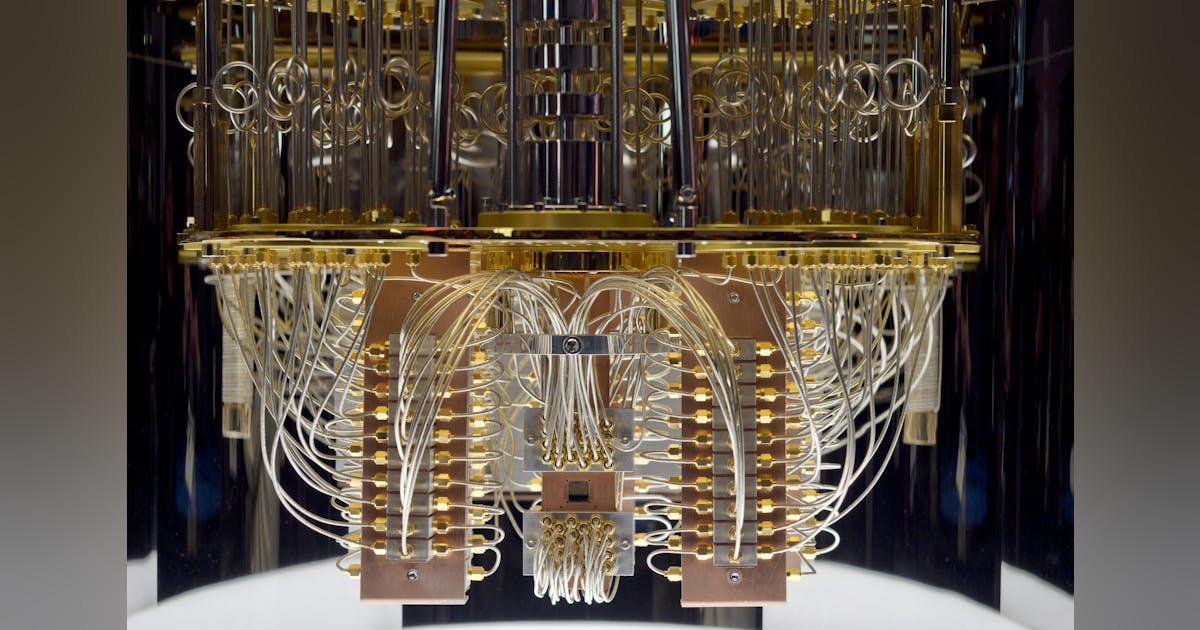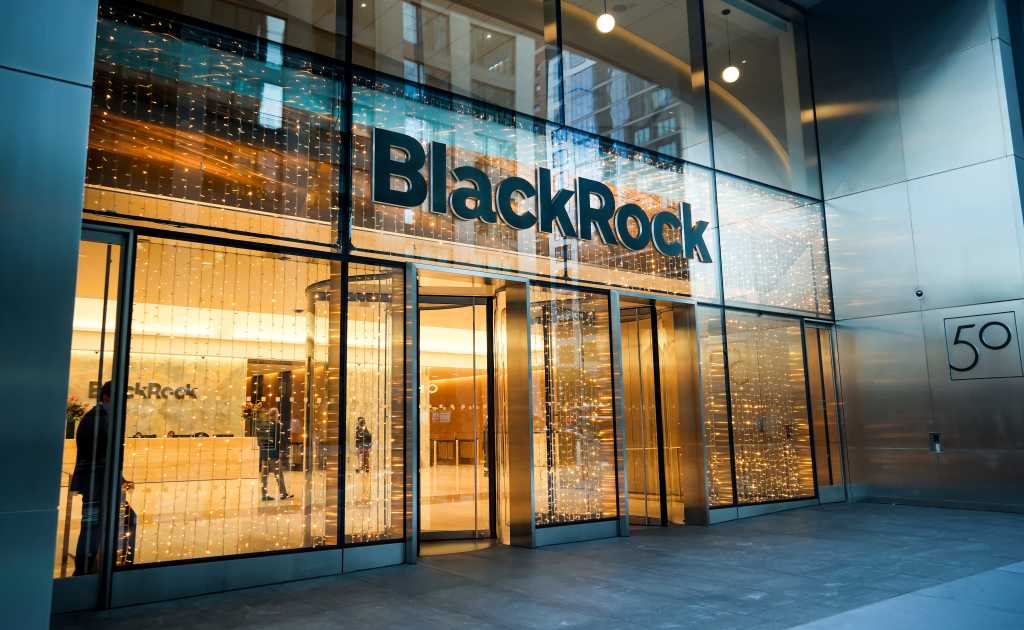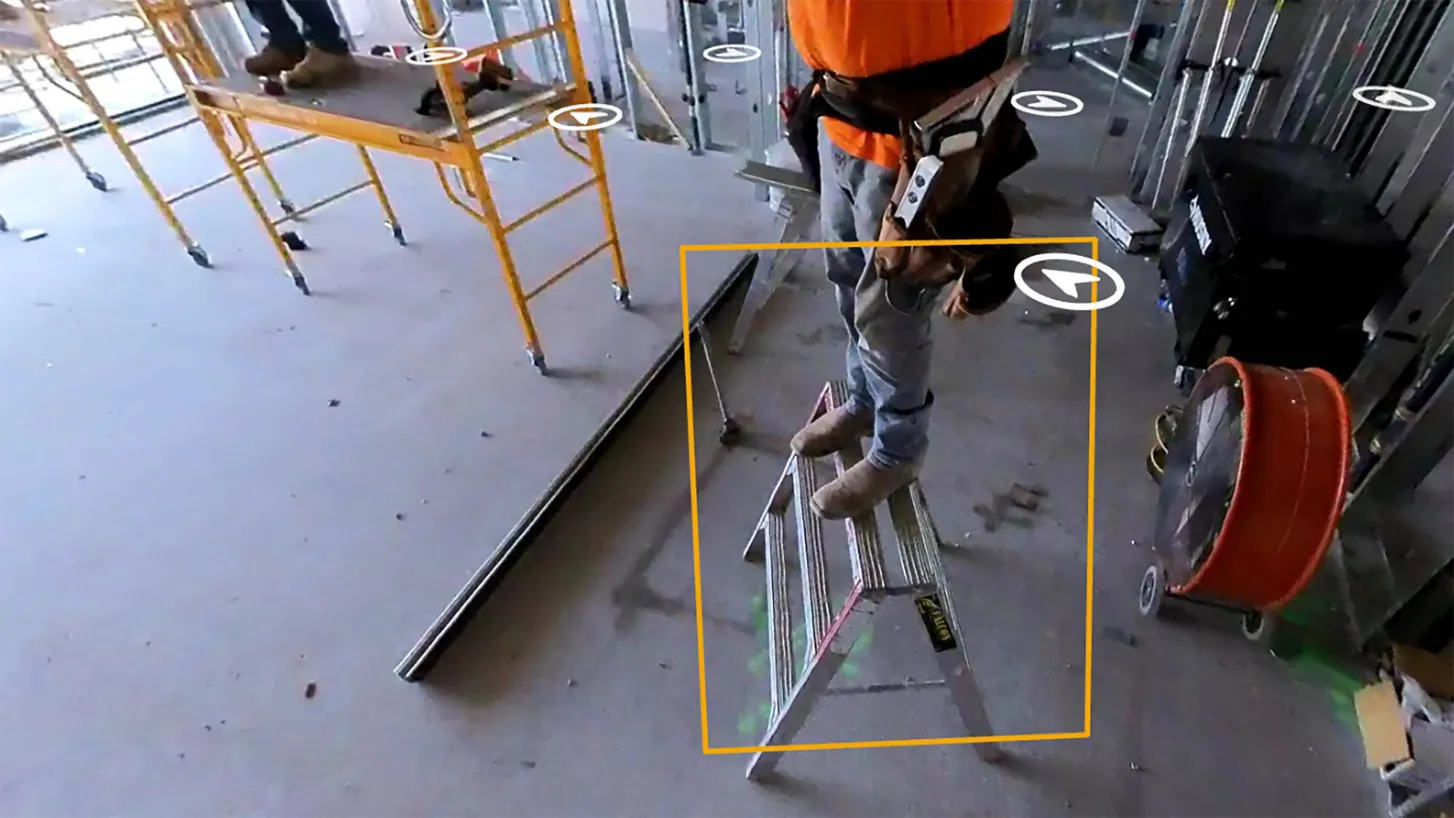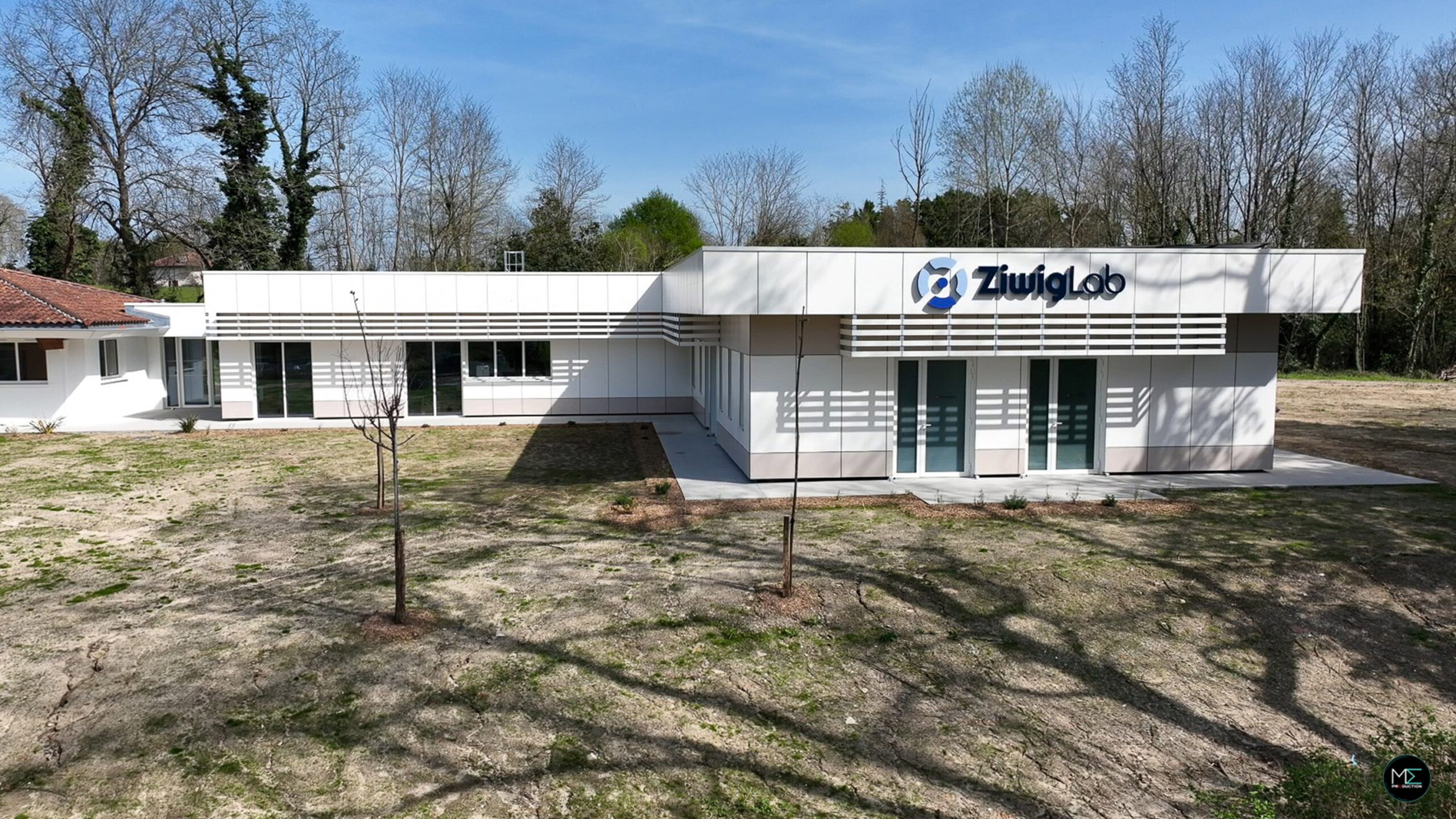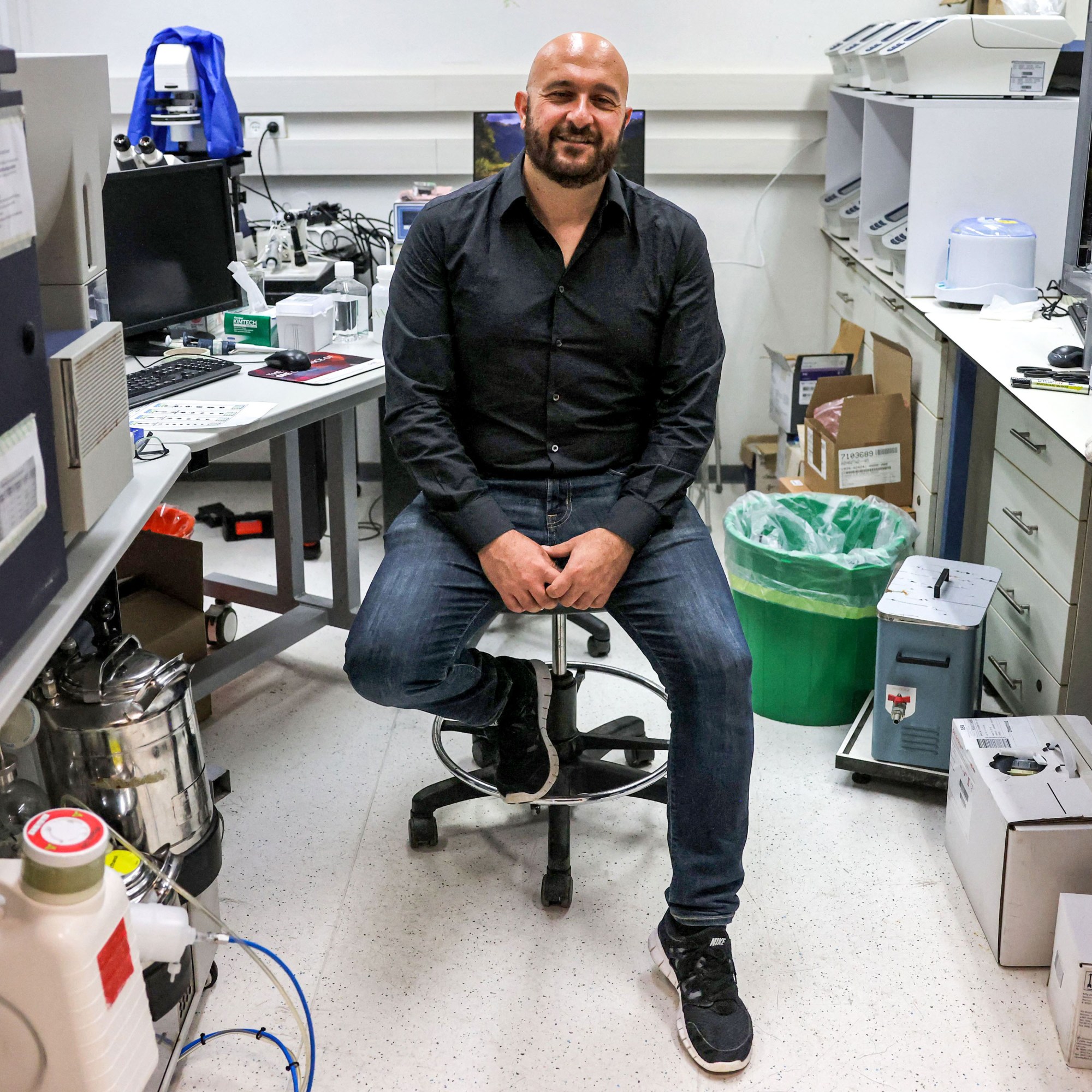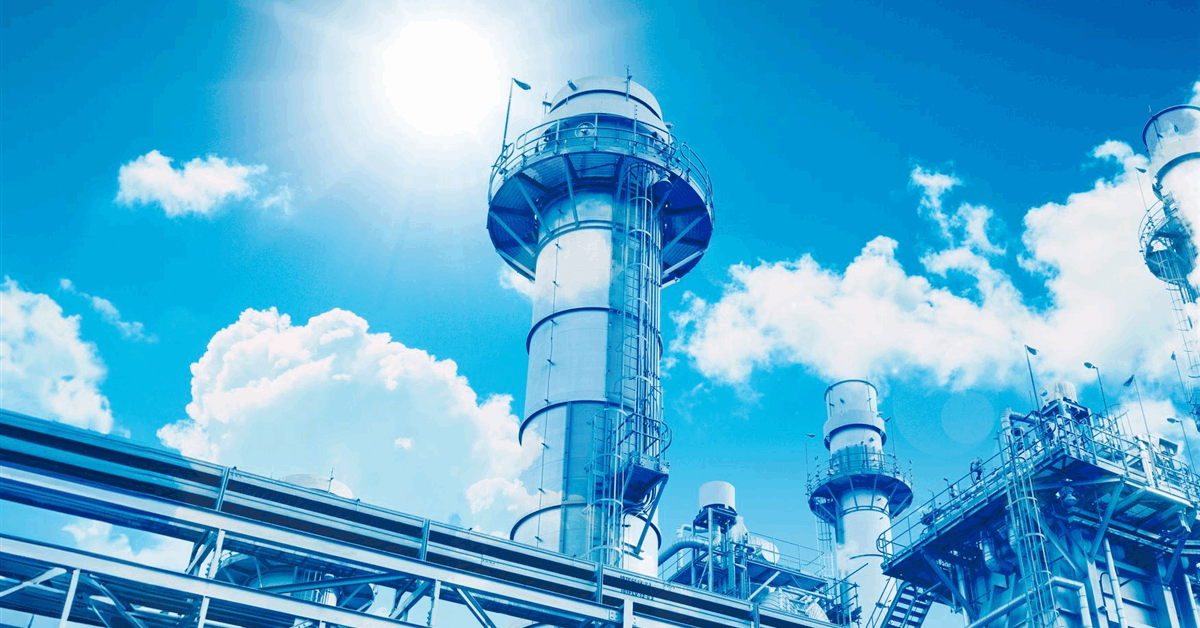
Repsol SA said it will hybridize its 818-megawatt (MW) combined cycle power plant in Escatron, Zaragoza, through 15 wind projects with a combined capacity of 805 MW.
Repsol acquired the wind farms from Forestalia, which remains their developer until commissioning, Repsol said in a press release.
Repsol plans to connect the hybridized plant to a proposed data center owned by a third party.
The collaboration represents “the largest energy hybridization project in Spain and one of the largest worldwide in the northern Spanish region of Aragon”, the Spanish integrated energy company said.
“This hybridization project will add more than 1,600 MW from two different energy sources, but sharing the same connection point to the grid, which will permit the complementarity of both sources to be exploited, stabilizing supply, maximizing the use of the connection point to the grid and optimizing infrastructure and maintenance”, Repsol said.
“The wind farms that form part of the project are in the processing and development phase and have received a favorable Environmental Impact Statement. They will share the evacuation infrastructure to the power station, which optimizes resources and streamlines operational integration.
“This project has clear synergies with the development, by a third party, of a data center in the vicinity of the power plant. For this data center, Repsol has already secured grid connection approval from the Spanish system operator, Red Electrica de España, for the connection of 402 MW of renewable energy self-consumption. This will be complemented by more than 800 MW of support energy provided through hybridization, giving this future data center one of the highest power capacities in the country”.
In a separate renewable energy agreement, Repsol and Norwegian Cruise Line Holdings Ltd (NCLH) said Monday Repsol will supply renewable fuels to NCLH vessels at the Port of Barcelona for eight years.
“Beginning in the 2026 European season, Repsol will offer a portfolio of renewable fuels, including biofuels and, from 2029, renewable methanol, directly to NCLH’s vessels across its cruise brands – Norwegian Cruise Line, Oceania Cruises and Regent Seven Seas Cruises – when calling at the Port of Barcelona”, a joint statement said.
“All fuels provided under the agreement are certified under the ISCC EU framework and meet the standards necessary to support NCLH’s environmental compliance and decarbonization roadmap”, the companies said.
The renewable methanol will come from Repsol’s Ecoplanta facility in Tarragona, which it says is a pioneering project in Europe to transform urban waste into renewable fuels and circular products. Targeted for startup 2029, the plant will process up to 400,000 tons a year of municipal solid waste into 240,000 tons of renewable fuels and circular products. NCLH is the project’s first offtaker, the statement said.
Juan Abascal, Repsol executive managing director for industrial transformation and circular economy, commented, “By partnering with NCLH, one of the world’s leading cruise companies, we show that renewable fuels are already deployable at scale to immediately start reducing emissions at sea”.
To contact the author, email [email protected]
WHAT DO YOU THINK?
Generated by readers, the comments included herein do not reflect the views and opinions of Rigzone. All comments are subject to editorial review. Off-topic, inappropriate or insulting comments will be removed.
MORE FROM THIS AUTHOR






